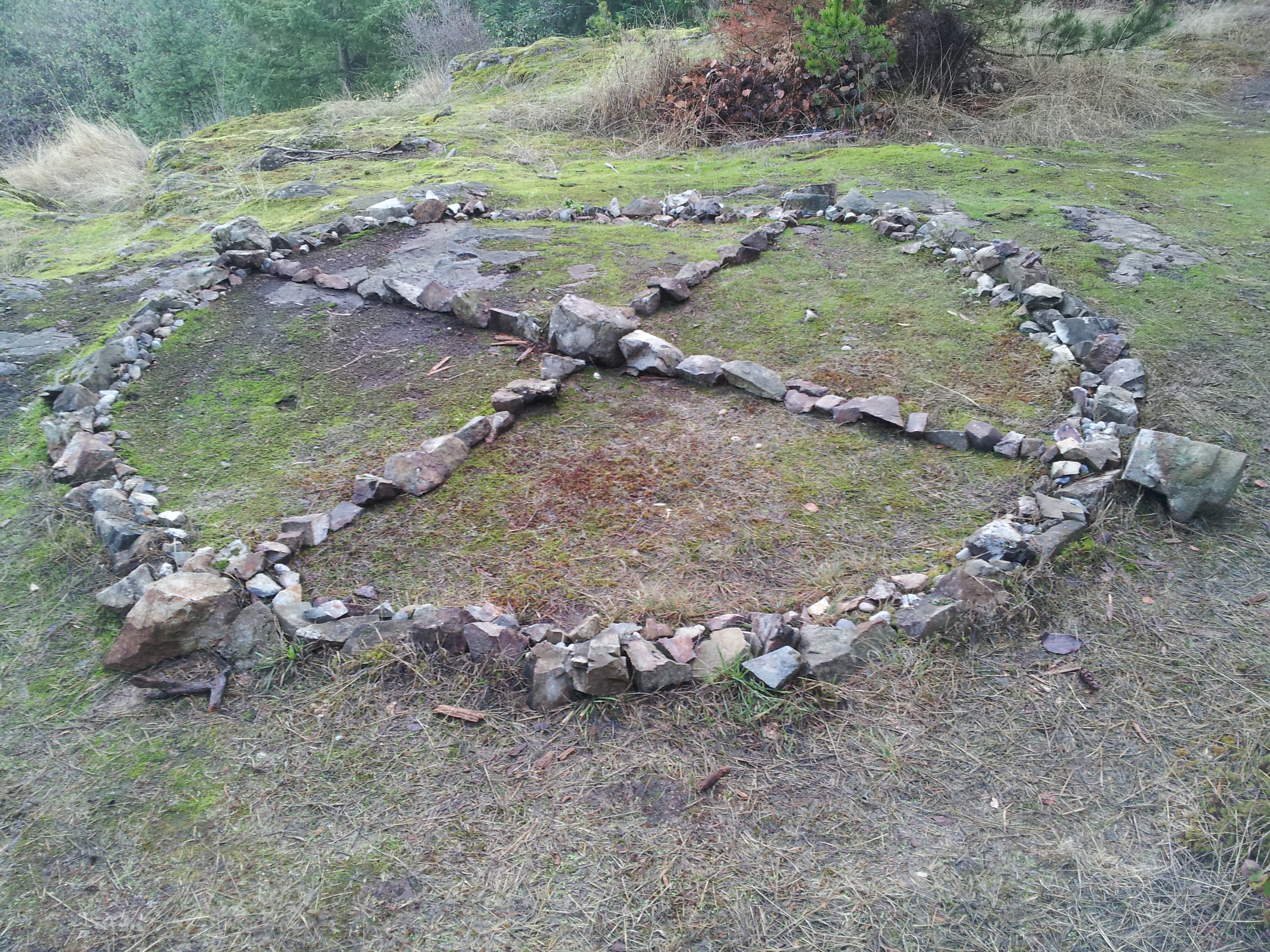
“Keeping your body healthy is an expression of gratitude to the whole cosmos- the trees, the clouds, everything.” – Thich Nhat Hanh
An Expression of Gratitude —
Espirational provides short posts that are often accompanied by lovely images. This quote from Thich Nhat Hanh relates to my post, Deep, the other day. It was Bela‘s post I shared and expanded on a bit.
If we think of Earth and Nature as living bodies, we can expand this quote about health as an expression of gratitude to encompass more than just each of us individuals and human bodies. In moments of gratitude, we should ask who benefits from pillaging the Earth and Nature? We can also ask who is most harmed?
Currently, I am reading a book by Gustavo Gutiérrez and Paul Farmer. Father Gutiérrez is a pioneers of Liberation Theology and Paul Farmer is a medical doctor and medical anthropologist who helped found Partners in Health. Part of the reading is to write about leadership, education, and how hope can inform each of us as we emerge from COVID-19, if we actually do.
I hoped a crisis of this magnitude, plus the social and racial justice reckonings, might be a time to (re)imagine and (trans)form leadership and education. I am unsure this is what will happen, as the agenda of the very wealthy does not seek a “preferential option for the poor” and those most in need, inlcuding Gaia and Mother Nature. Yes, there is talk, but most of that is empty words and political theatre, posturing and peformativity for one’s constituents. It takes peope filled with courage and hope to stand up and say we need something different.
My hope rests in the next generation, the young people who are already making a mark. I hope they do not become disenchanged and discouraged. In this vein, I leave you with the following quote, attributed to Tasunke Witko (Crazy Horse) days before he was killed.
Upon suffering beyond suffering:
The Red Nation shall rise again and it shall be a blessing for a sick world; a world filled with broken promises, selfishness and separations; a world longing for light again.
I see a time of Seven Generations when all the colors of mankind will gather under the Sacred Tree of Life and the whole Earth will become one circle again.
In that day, there will be those among the Lakota who will carry knowledge and understanding of unity among all living things and the young white ones will come to those of my people and ask for this wisdom.
I salute the light within your eyes where the whole Universe dwells. For when you are at that center within you and I am that place within me, we shall be one.






